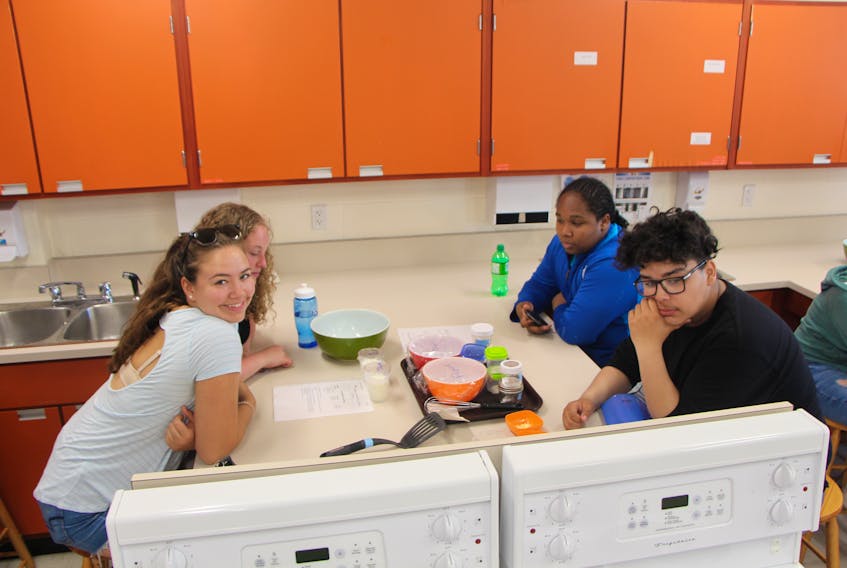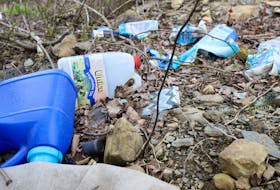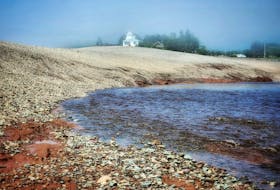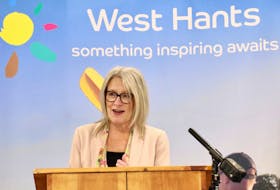Young students looking to broaden their horizons got a taste of the university experience July 20, guided by representatives of the Promoting Leadership in Health for African Nova Scotians (PLANS) program.
Michelle Patrick, a program manager with the Promoting Leadership in Health for African Nova Scotians (PLANS), and Joe MacEachern, a program manager for the Indigenous Health Faculty of Medicine at Dalhousie University, led students through a summer camp designed to get them interested in health science.
Patrick was proud to announce that this year marked the second iteration of the summer camps, taking a break from helping young students break down a typical pancake, ingredient by ingredient, to determine its true nutritional value.
That was one of many scientifically-oriented activities meant to show youth what sort of educational paths are available to them. The summer camps allow youth to get into health science, and perhaps go ahead with an opportunity to pursue a health career in that field, after getting acquainted with the basics.
“The goal of our programs and camps, overall, is to get students of Indigenous and African Nova Scotian heritage interested in health science,” Patrick said, noting that the programs bring prospective health sciences students to the St. F.X. and Dalhousie campuses. He and Patrick are responsible for two types of summer camp – the African Nova Scotian Health Science Camp and the Junior University. As part of those camps, students from Grades 7 to 11 are brought to university campuses to get an idea of what post-secondary life would be like, living on a university campus. This takes place at St. F.X. and Dalhousie.
“They live in residence, eat in the meal hall and get the full experience of working, right up to walking from one end of the campus to the other,” Patrick said.
“It’s like a mini-university experience,” MacEachern said. “They get an idea what it’s actually like to come to school and be a student.”
Patrick noted a lot of the students are already interested, “but they don’t necessarily know how to get there.”
“Often, in our communities, there aren’t a lot of role models who are physicians, so it can be hard for some of them to see themselves in that role,” she said.
MacEachern agreed, emphasizing the importance of summer camps, noting that “a lot of people don’t know about the options available.”
“A lot of students who participate in the summer camps end up following up and pursuing in fields they never even knew existed,” MacEachern said, adding that “not a lot of young people know what an occupational therapist, or a physiotherapist does. So, it really broadens the scope of what is out there for them.”
Patrick said youth participating in the summer camps constitutes a “double win” for the PLANS program, because the camps are helping students pursue careers in health science, and creating success in the communities from which she and MacEachern are from.
“Some students have an interest, some want to see what’s available to them and some people just want something to do for the summer,” Patrick said. “They are all so engaged. We want to see our communities succeed, and want to see our youth go beyond high school, thinking about their future.”









